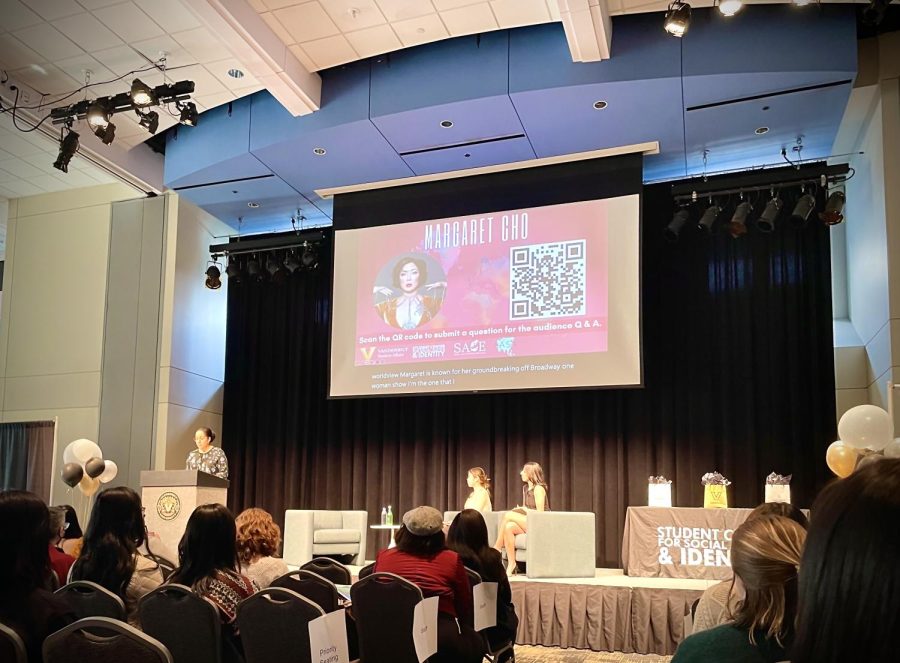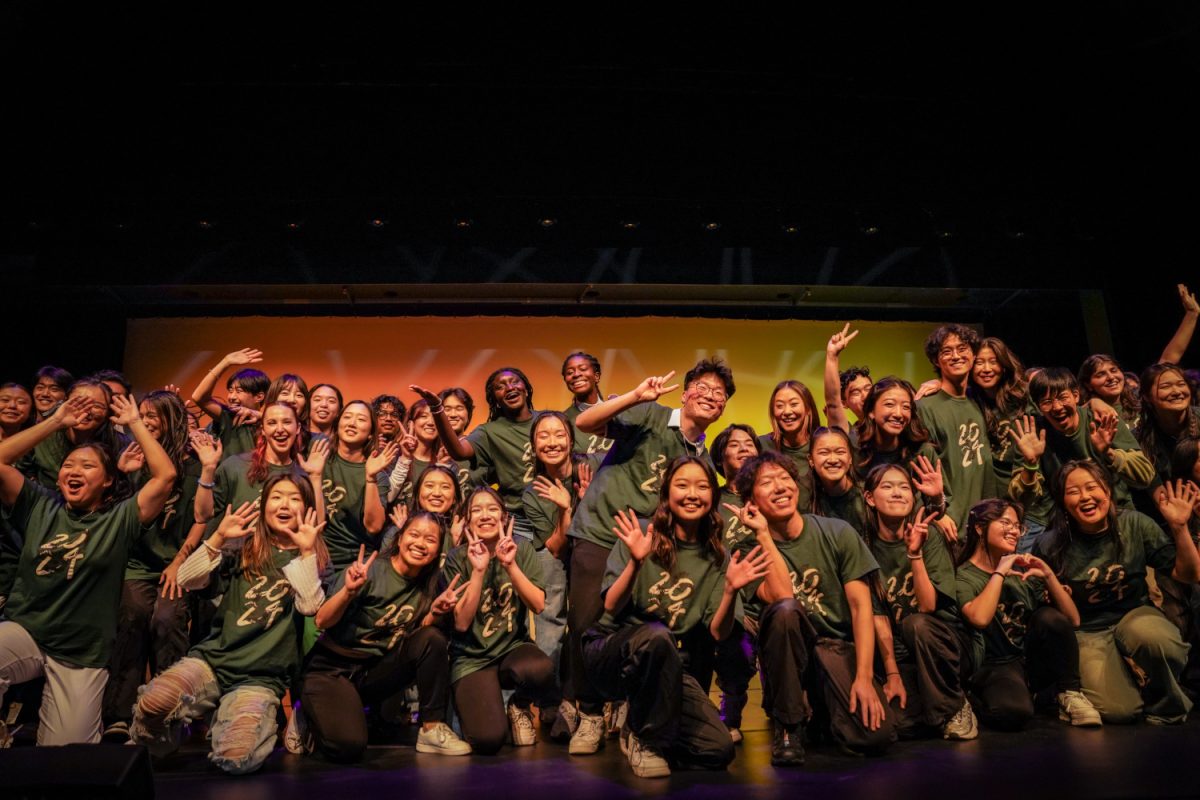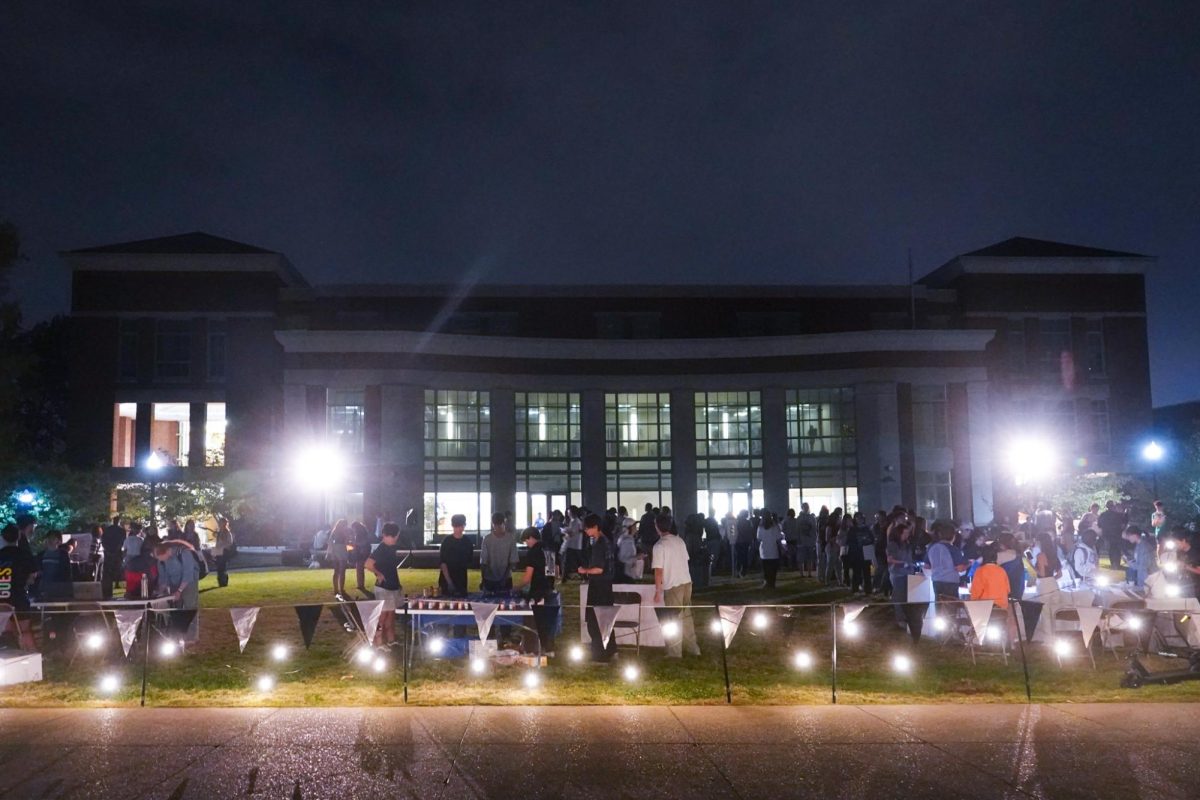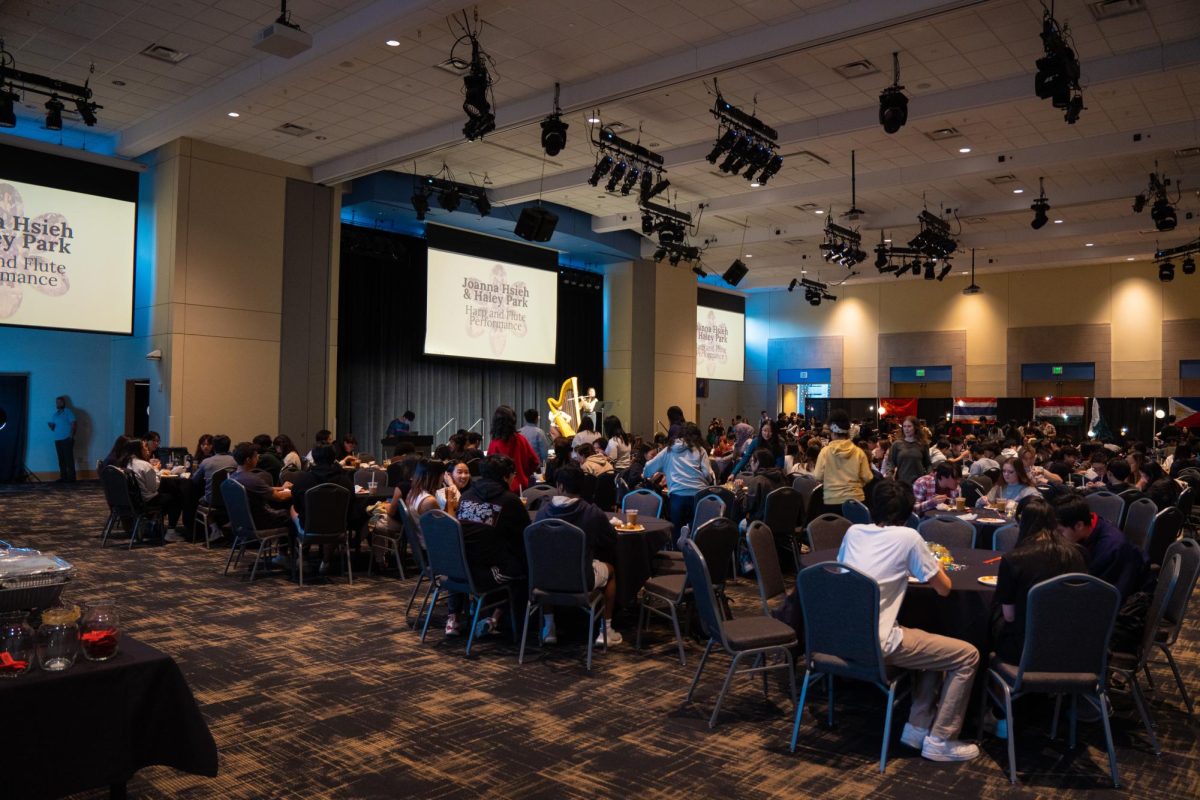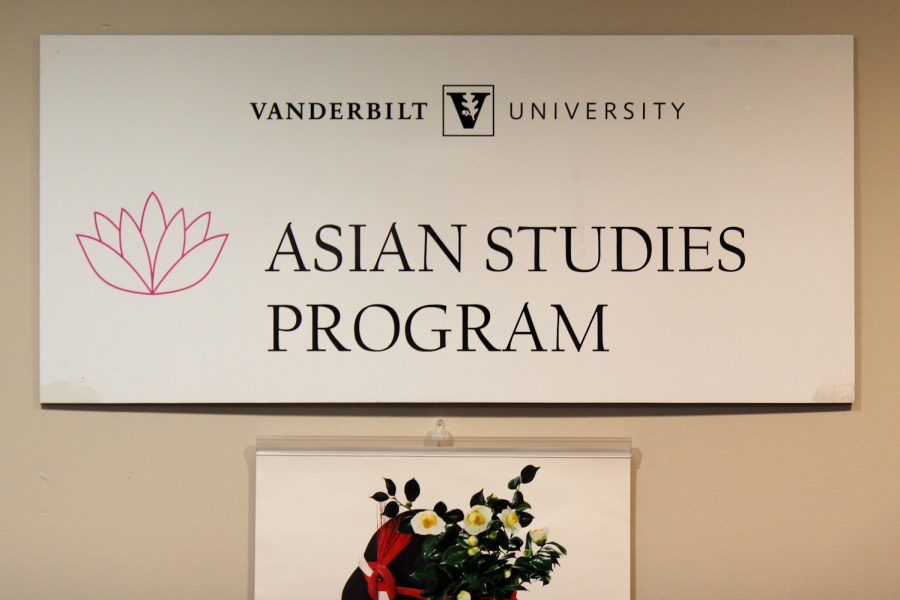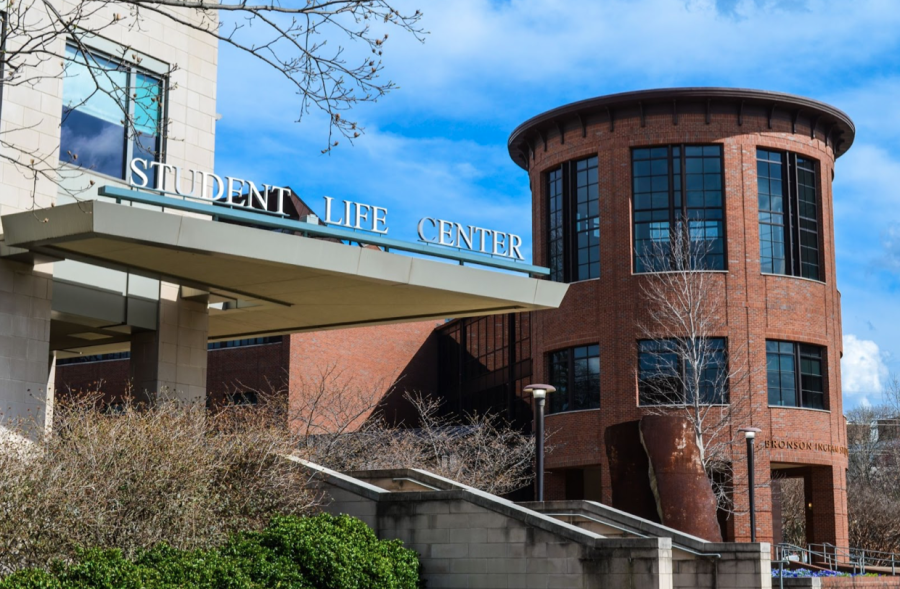The second annual Empowerment Summit, hosted by the Student Center for Social Justice and Identity, the Asian American Student Association and the South Asian Cultural Exchange, was held on Jan. 28. The summit consisted of workshops on topics ranging from religion to mental health, followed by a conversation with stand-up comedian and activist Margaret Cho about her experiences as a queer, Korean-American woman in the entertainment industry.
SCSJI Program Coordinator Brittany Pomilee began the summit by asking the audience to hold a moment of silence for the recent violence in Monterey Park on the eve of Lunar New Year and in Half Moon Bay, which claimed a combined 18 lives. She also acknowledged the “unjust death” of Tyre Nichols in Memphis, Tennessee, earlier this month.
“Words cannot express the tremendous grief our nation is experiencing as this has impacted many from the Asian and Asian American and Latino communities,” Pomilee said. “We also remember his [Nichols’s] life and the work still needing to be done to avoid these tragedies.”
According to Pomilee, last year’s event, organized by the Vanderbilt chapter of the NAACP and Hidden Dores, centered around uplifting Black voices. She said junior Rohit Kataria developed the idea for the event’s theme, “The Tale of Two Continents.” SACE Vice President Lohitha Basa, a junior, explained that Margaret Cho was chosen to speak at the event due to her alignment with the SCSJI’s values and the summit’s goals this year.
“These students worked extremely hard and honestly, as someone who doesn’t identify as Asian or Asian American, it was an absolute honor and privilege to learn from these two student organizations,” Pomilee said. “For me to learn and really understand how I can hopefully serve as an ally in the future has just been a really humbling experience.”
Conversation with Margaret Cho
In a discussion moderated by AASA’s APIDAM Vice President Fiona Wu, a senior, and SACE member Lina Waseem, a junior, Cho spoke about her path to comedy and her experiences at the intersection of the queer and Asian American communities. Cho said she primarily identifies as a stand-up comedian whose activism is central to her work.
“It’s kind of just doing one thing where I just want to represent what the ideal kind of expression of Asian Americans is for me, my ideal queerness level, my ideal feminism level — all of it goes through my stand up comedy,” Cho said.
Cho explained that she turned to comedy as a coping mechanism.
“The way that I always process pain is looking at an event where I’m the story, and then, in my sense of humor, I move from being the story to being the storyteller,” Cho said. “That form of perspective change allows me to remove myself from the situation. Laughter is the unexpected breath that ensures you survive to the next moment.”
Cho said her decision to pursue comedy was eventually supported by her parents, though they initially were hesitant. Cho said this hesitation stemmed from comedy not being common in Korea and from the lack of Asian representation in comedy.
“What was fortunate was I was able to do television right away, which gave them some sense that I was going to be fine,” Cho said. “As Korean American parents, all they care about is what they can brag to other Koreans about.”
Navigating the world of comedy was not easy for Cho, especially due to anti-Asian racism. She recalled an instance when she did not have a professional headshot for her first show at 14 years old. In response, the comedy club substituted in a photo of a caricature Chinese railroad worker eating a bowl of rice.
“This was not racism from the modern era, it was right from the 1800s. I had to be so brave as a child and go up to these full-grown people and say ‘I think you should take this out,’” Cho said.
Waseem asked about Cho’s experience being at the intersection of the Asian American and queer communities. Cho explained that, while it has been difficult, queer culture is constantly seeking to improve.
“A lot of times in queer spaces, especially white, gay male spaces, they oftentimes feel like they can’t possibly be racist or sexist because they’re already oppressed,” Cho said. “But that aspect of queer culture is starting to shift because what queer culture does is that we really do talk to each other; we really are trying to better ourselves all the time.”
Cho said these experiences, among others, have allowed her to pave the way for future generations of young Asian and Asian Americans to enter comedy, including Ali Wong, Ken Jeong and Ronny Chieng.
“I’m so moved by the fact that they always credited me for what I was able to inspire them to do,” Cho said. “I didn’t know I was doing anything special, I just knew I was going to be a comedian when I was really young. I’m so grateful that I was able to make an entry for all of these wonderful comedians.”
Cho emphasized the importance of unity for students interested in working as cultural advocates.
“Use your platform, use your voice. We can have unity with each other, that’s gonna make us more powerful — we’re more powerful together,” Cho said. “[The Asian community] is not a monolith, but maybe in some cases, it’s good to find that unity.”
Audience reactions
Junior and Asian American Advocacy Project co-founder Angela Yan attended one of the workshops and the conversation with Cho. She added that Cho’s talk was relatable and found the workshop to be thought-provoking.
“I attended the mental health workshop with one of the new social justice counselors, and it was a really good experience,” Yan said. “It definitely made me think about a lot of things, do some reflecting and have a lot of these things I’ve experienced be put into words.”
Senior Teresa Xu said she appreciated Cho’s humor and genuineness.
“She was hilarious,” Teresa Xu said. “She was very authentic and also funny in how she described everything, and it was great to hear more about that intersectionality and her response to the recent shootings too.”
Shirley Xu, a third-year PhD student, said she found the talk relevant to her current coursework on intersectionality and appreciated Cho’s insight.
“It was nice and comfortable, and I’ve been reading about intersectionality this week for class, too,” Shirley Xu said.
Pomilee said student organizations can reach out to the SCSJI if they would like to propose a topic for and plan next year’s summit.

